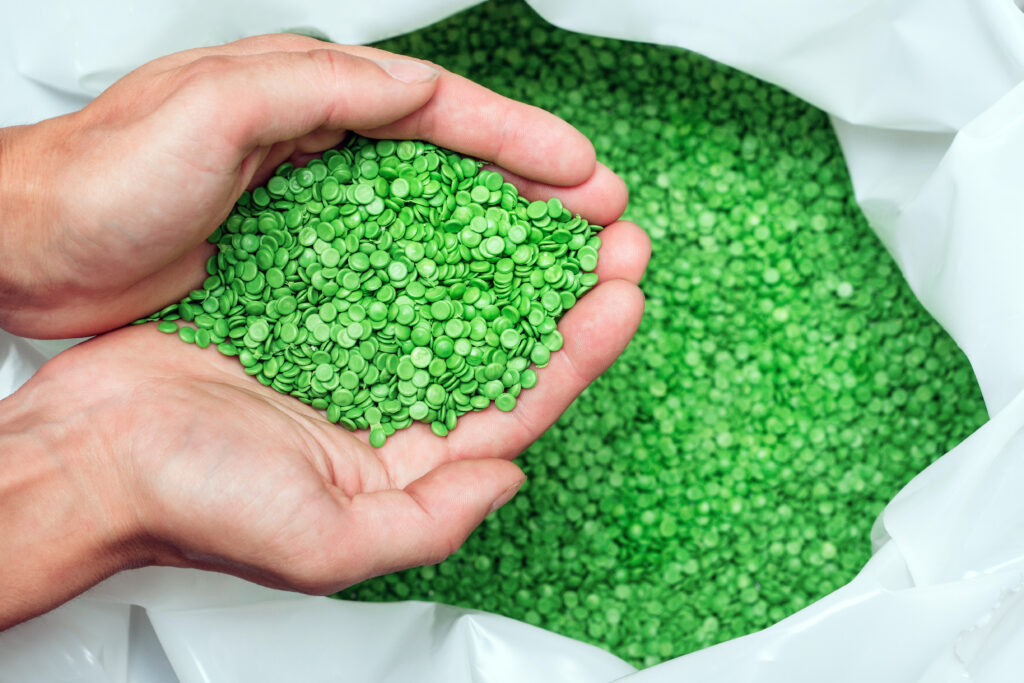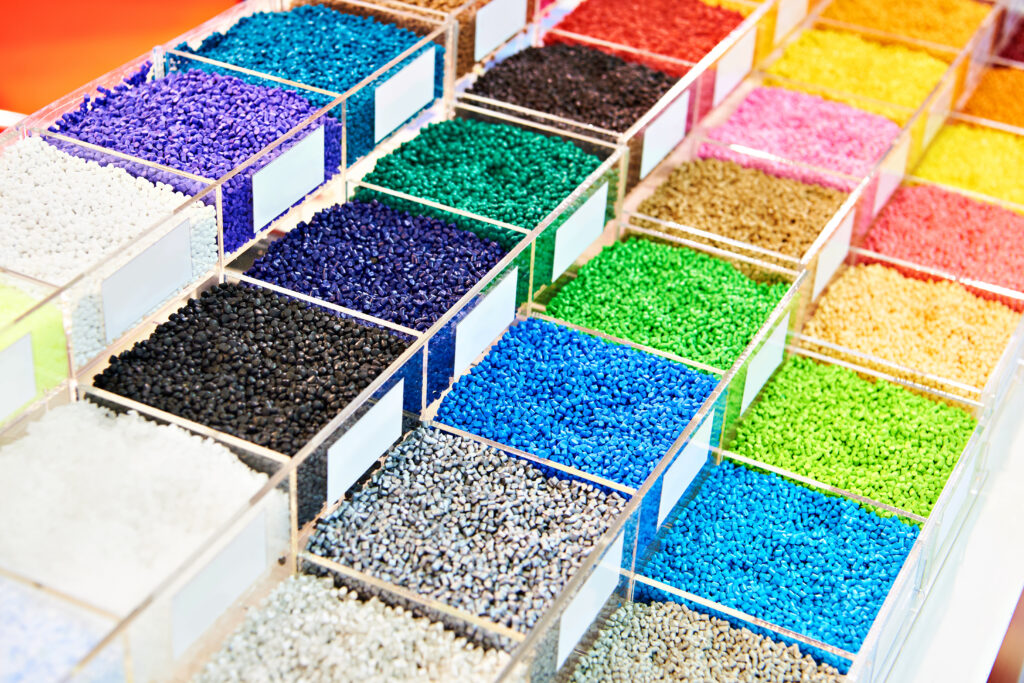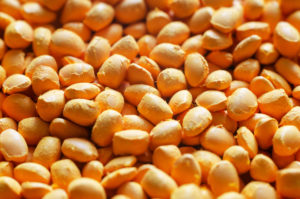Selecting the right processing aid is crucial for optimizing production efficiency, improving product quality, and reducing costs. Processing aids are additives that improve various aspects of plastic processing, such as flow, mold release, and stability. However, not all processing aids are suitable for every application. Choosing the right one requires a deep understanding of the material, the processing conditions, and the desired end-product characteristics.
What is a Processing Aid?
A processing aid is an additive used during the production of plastics to enhance the performance of the material during molding, extrusion, or other manufacturing processes. These aids come in many forms, including lubricants, stabilizers, anti-static agents, and flow modifiers, each addressing specific challenges in the production process. The right processing aid can reduce production downtime, minimize defects, and improve the overall quality of finished products.
Factors to Consider When Choosing a Processing Aid
Selecting the correct processing aid for a specific application involves several key factors. By understanding these factors, manufacturers can choose an aid that not only addresses processing challenges but also optimizes performance and cost-efficiency.
1. Material Compatibility
The first and most crucial factor when choosing a processing aid is the compatibility with the base resin. Different types of plastics, such as polyethylene, polypropylene, or PVC, respond differently to various additives. Incompatible processing aids can cause issues such as material degradation, discoloration, or poor mechanical properties. For example, lubricants or flow enhancers suitable for high-density polyethylene (HDPE) may not be effective or could even damage low-density polyethylene (LDPE). Ensuring the processing aid is compatible with the specific material is essential for achieving optimal results.
2. Processing Conditions
Processing conditions, such as temperature, pressure, and shear, directly influence the effectiveness of a processing aid. High-temperature processes, such as injection molding or extrusion, require heat stabilizers that can withstand elevated temperatures without breaking down. Conversely, processes that involve lower temperatures may benefit from lubricants or slip agents that enhance flow without compromising material integrity.
Consider the shear rate as well. Materials processed under high shear conditions require processing aids that can maintain uniform flow and prevent issues like melt fracture or surface defects. Manufacturers should evaluate their specific process parameters to select a processing aid that can perform well under those conditions.
3. Desired Product Characteristics
The end product’s requirements will also play a critical role in determining which processing aid to use. For example, if the goal is to produce a part with a glossy surface finish, a flow enhancer that promotes uniform melt flow and reduces surface imperfections will be essential. Alternatively, if the end product needs to be flexible, slip agents and plasticizers can help achieve the desired elasticity.
Manufacturers should carefully consider what the final part requires in terms of appearance, strength, flexibility, and durability when choosing a processing aid. This ensures the additive not only helps during production but also contributes to the part’s long-term performance.
4. Regulatory and Environmental Considerations
Certain industries, such as food packaging or medical devices, are subject to strict regulatory guidelines regarding the use of additives. Processing aids used in these applications must comply with FDA, REACH, or other relevant safety and environmental standards. When selecting a processing aid for a regulated industry, manufacturers need to verify that the additive meets all required certifications and safety guidelines.
Additionally, many companies are moving towards environmentally friendly production practices. In such cases, processing aids that are biodegradable, non-toxic, or derived from renewable sources are becoming more popular. Eco-friendly options not only meet regulatory standards but also enhance the sustainability profile of the manufacturer’s products.
5. Cost-Effectiveness
Cost is always an important consideration in any production process. While the right processing aid can significantly improve quality and efficiency, manufacturers must balance these benefits with the cost of the additive itself. It’s important to evaluate the overall return on investment (ROI) of a processing aid. A higher-cost aid that results in fewer defects, reduced downtime, or lower scrap rates may provide better long-term cost savings compared to a cheaper alternative that leads to inefficiencies.
Manufacturers should conduct a thorough cost-benefit analysis to determine which processing aid offers the best combination of performance and cost-effectiveness for their specific application.
Types of Processing Aids and Their Applications
Different types of processing aids address various challenges in plastic manufacturing. Here are a few common types and their specific applications:
- Lubricants: These reduce friction between the resin and the processing equipment, leading to smoother material flow and easier mold release. Ideal for high-shear processes like injection molding.
- Slip Agents: These are used to reduce surface friction and improve the flexibility and handling of finished products. Often used in film and packaging applications.
- Heat Stabilizers: These are essential for high-temperature processes to prevent thermal degradation of the plastic material.
Anti-Static Agents: These processing aids are used to reduce static electricity buildup in plastics, making them ideal for electronic component housings and packaging.
Finding the Right Balance
Selecting the right processing aid involves evaluating multiple factors, including material compatibility, processing conditions, product requirements, regulatory standards, and cost-effectiveness. By understanding these considerations, manufacturers can make informed decisions that enhance production efficiency, reduce waste, and improve the overall quality of their plastic products.
The right processing aid can lead to smoother operations, better product performance, and significant cost savings—making it a vital component of any successful plastics manufacturing process.
Need help choosing the right processing aid for your specific application? Phoenix Plastics has the expertise and solutions to optimize your production. Contact us today to find the perfect processing aid that enhances efficiency and product quality!









